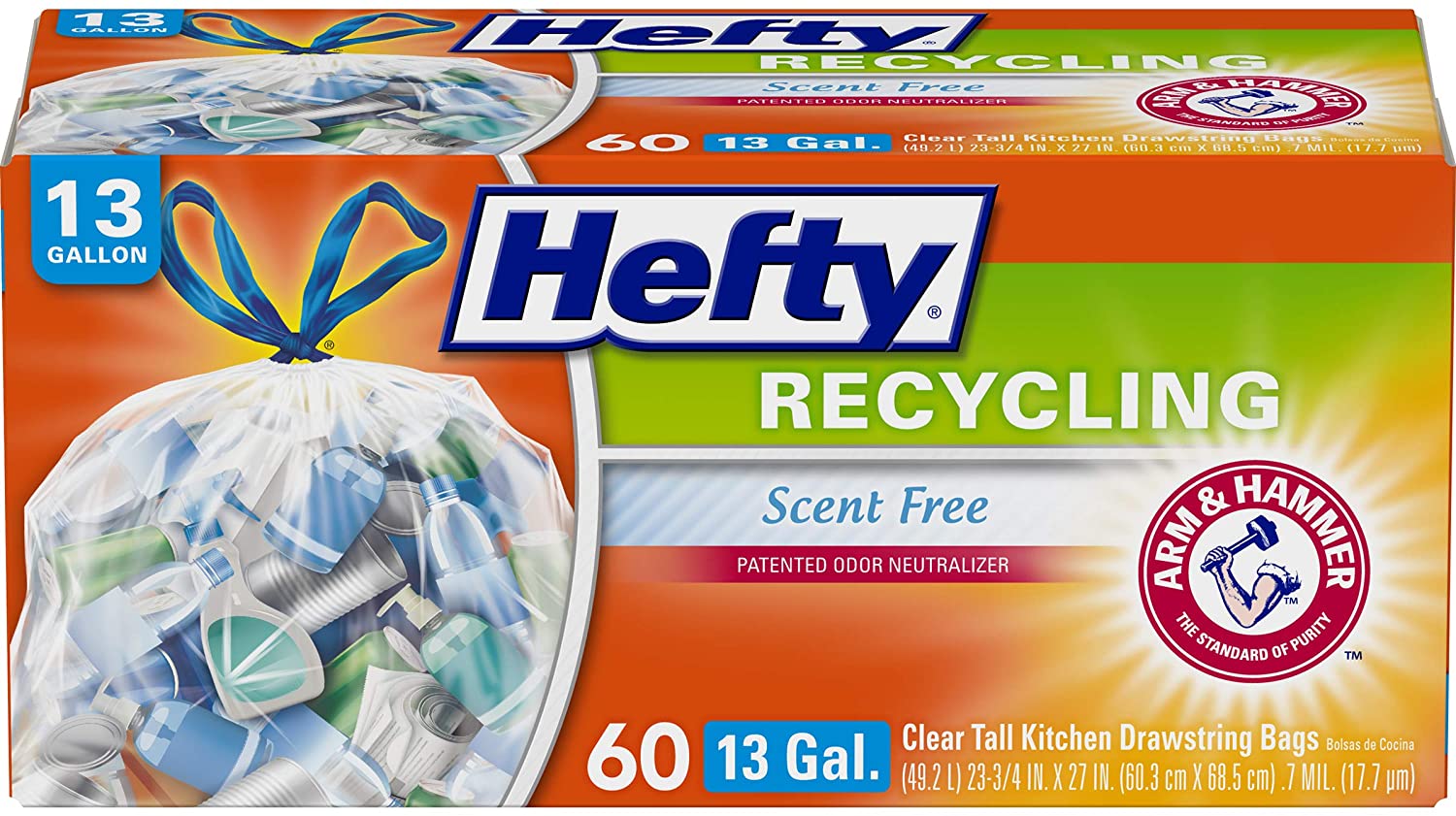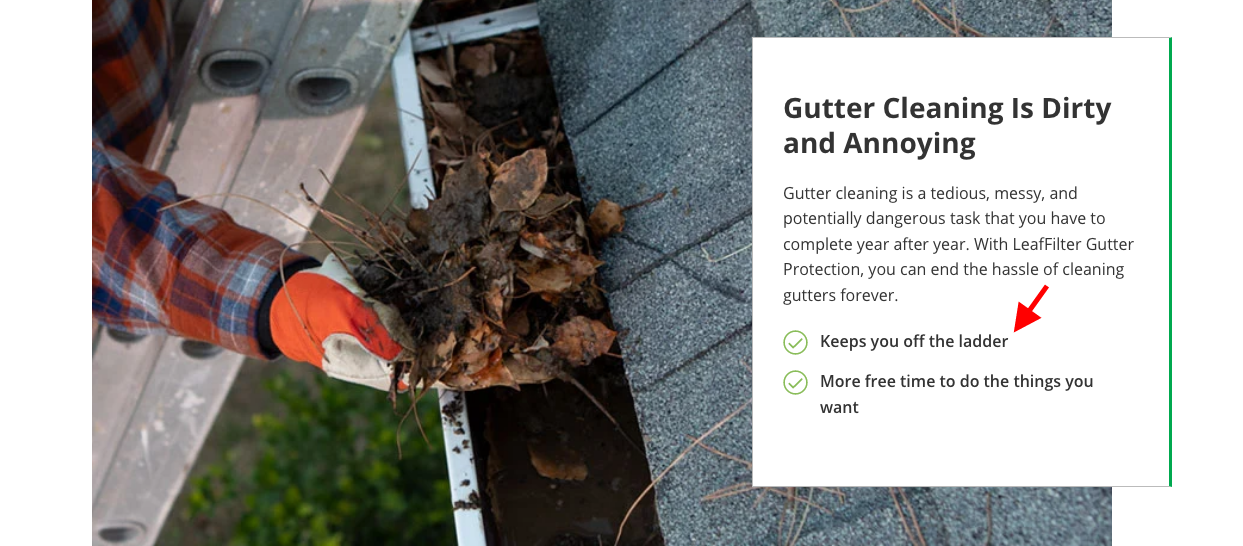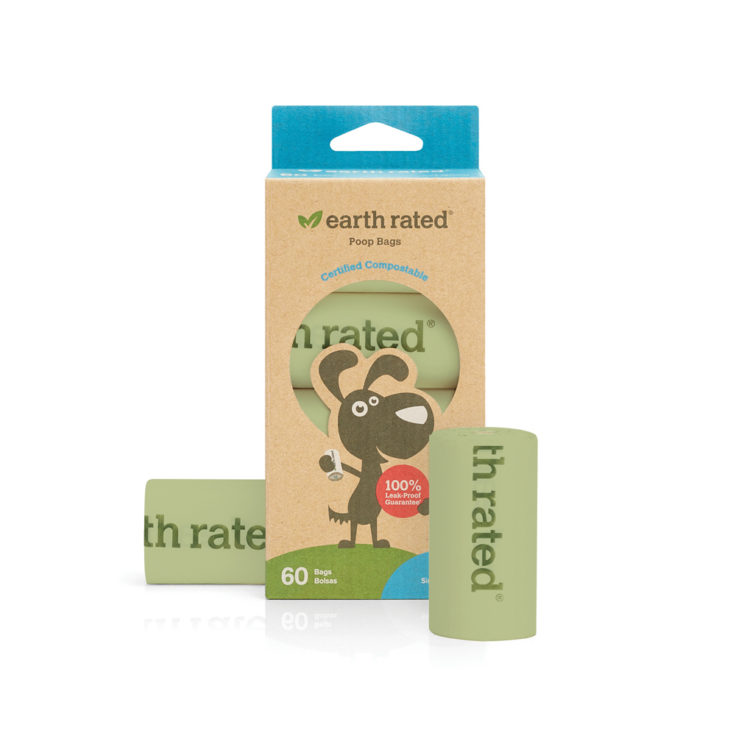
Companies Accused of Greenwashing
When companies green it, they better mean it.
UPDATE: In June 2022, the Connecticut Attorney General sued Reynolds for marketing its Hefty “recycling” bags as “perfect for all your recycling needs” when, according to the lawsuit, the products are not compatible with recycling facilities in the state. Our original ad alert follows.
Reynolds Consumer Products claims on product packaging for its Hefty “recycling” bags that the bags are “perfect for all your recycling needs” and “designed to handle all types of recyclables.” But according to a class-action lawsuit filed last week, not only are the bags themselves not recyclable, they make their otherwise recyclable contents not recyclable.
That’s because the bags are made from low-density polyethylene plastic, also known as LDPE #4, which isn’t cost effective for recycling facilities to process, the lawsuit states.
As a result, products made of LDPE [#4] plastic end up incinerated, in landfills or in the environment.
Products made from this type of plastic also contaminate would-be recyclable waste, to the point where many recycling facilities don’t accept plastic bags and when they receive the products, throw them in the trash without removing any recyclables that the bag may contain, the lawsuit alleges.
In this way, Hefty’s recycling bags aren’t any different than its regular trash bags, according to the lawsuit, which alleges violations of anti-greenwashing laws in California and the FTC’s Green Guides.
Reality check
As TINA.org noted in a recent Deceptive Marketing 101 post on recyclable claims, the reality is recycling plastic is expensive and many recycling facilities don’t have the resources to do it. Or, as a 2020 survey of the country’s recycling facilities by Greenpeace found, they can only recycle two out of seven types of “post-consumer plastic items,” known as PET #1 and HDPE #2. The rest, including LDPE #4, are sent to a landfill or incinerator.
TINA.org reached out to Hefty for comment. Check back for updates.
Find more of our coverage on greenwashing here.
Our Ad Alerts are not just about false and deceptive marketing issues, but may also be about ads that, although not necessarily deceptive, should be viewed with caution. Ad Alerts can also be about single issues and may not include a comprehensive list of all marketing issues relating to the brand discussed.
When companies green it, they better mean it.
Gutter cleaning is dirty and annoying. So is deceptive marketing.
Company steps in it with regard to ‘compostable’ claims for its dog poop bags.


